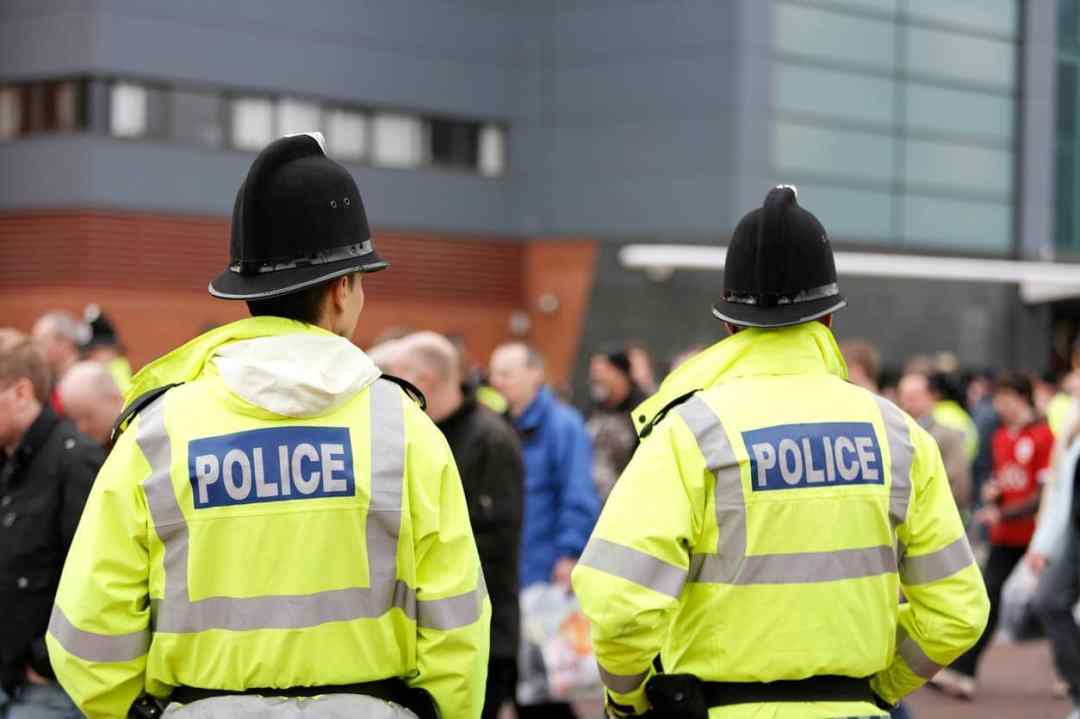In February Joshua Carney, a man with 47 previous convictions, was released from prison early on licence. Five days later, he forced his way into a Cardiff house, locking a terrified woman inside. Her screaming woke her 14-year-old daughter upstairs. Carney raped both daughter and mother in front of each other. On Monday, Carney was jailed for ‘life’; he will be considered for parole in ten years, at the age of 38.
The core principle of British justice isn’t public safety. If it was, Carney would never leave prison.
This isn’t about the preservation of liberty; the threat of crime is a far greater constraint on the average person’s freedom than the threat of prison. Instead, the British justice system is based around an almost pathological need to offer offenders a second chance, and a third, and a fourth, even when these chances come at the cost of somebody else’s chance to live their life free of violence. In Carney’s case, the 47 chances he has already received are deemed insufficient; he will have a chance to return to the streets while still young and able-bodied
Less serious offences have effectively been decriminalised entirely
British criminal justice isn’t just. Under-resourced and overworked police forces no longer have the capacity to investigate any but the most serious offences. Overcrowded prisons and soft laws mean that in the event someone is caught, offenders will soon be released from jail to reoffend. In effect, theft, burglary, and other offences are no longer meaningfully crimes; there are no consequences for them.
If you feel like things are getting worse, you’re right. Police forces are now solving the lowest proportion of crimes on record, with just 6 per cent resulting in charges, down from 15.5 per cent six years ago. Rape and sexual offences are at record highs, and police resources aren’t keeping pace; a woman who is raped has a one in 77 chance of seeing her attacker prosecuted.
Less serious offences have effectively been decriminalised entirely. Take thefts from vehicles. Last year, the Metropolitan police solved 271 of these incidents, out of the 55,000 that were reported. Now imagine how many more incidents the police didn’t hear about because the victims knew that reporting a crime would have no consequences. Over the last three years, 21,000 neighbourhoods in England and Wales reported at least one burglary; but in 17,000 of those areas, not a single such crime has been solved by the police.
What is deeply frustrating is that it doesn’t need to be this way. Criminal behaviour is remarkably concentrated; in Sweden, 1 per cent of the population commits 63 per cent of all violent crime, while in England and Wales 50 per cent of all prison sentences are handed out to offenders with at least 15 previous convictions. This concentration means that the best ways to prevent crime are remarkably straightforward: put police out on the beat, give them adequate resources to find criminals, and then lock those criminals away so they can’t reoffend.
Right now, our police forces are badly underfunded. The government tells us again and again how proud it is to have put an additional 10,000 police officers on the streets, and how it will soon add an extra 10,000 on top of this figure. Once completed, this recruitment drive will have finally reversed the cuts implemented post 2010. But with a larger population and more crime, this is nowhere near adequate. The court system, too, is crumbling; there are 58,000 cases waiting to go in front of a judge and jury. The average delay between crime and verdict is now almost 15 months.
All of this is worsened by the collapse of Britain’s health infrastructure. The decision to close asylums in favour of ‘care’ in the community has been a disaster; the Metropolitan police now detains someone under the Mental Health Act every 90 minutes, with some officers wasting whole shifts waiting for a hospital place to become available for their treatment. The lack of a place for these people to go means they are eventually returned to a situation evidently unsuitable for them, resulting in more police call-outs. Meanwhile, the permanent NHS crisis means armed police units are regularly dispatched to heart attacks when ambulances are unavailable.
The choice the next prime minister faces is simple. They can find a way to fund criminal justice, or they can continue with the de facto decriminalisation of crime. When they make this decision, they should remember that we ask two things of our criminal justice system. We ask it to keep us safe from criminals, by deterring their activity through policing and incapacitating them through imprisonment. And we ask it to keep the criminals safe from us, by providing punishments which satisfy the fundamental human need to see wrongdoing meet with consequences. When crime is de facto legal, people will eventually take the need to deter and punish into their own hands.








Comments